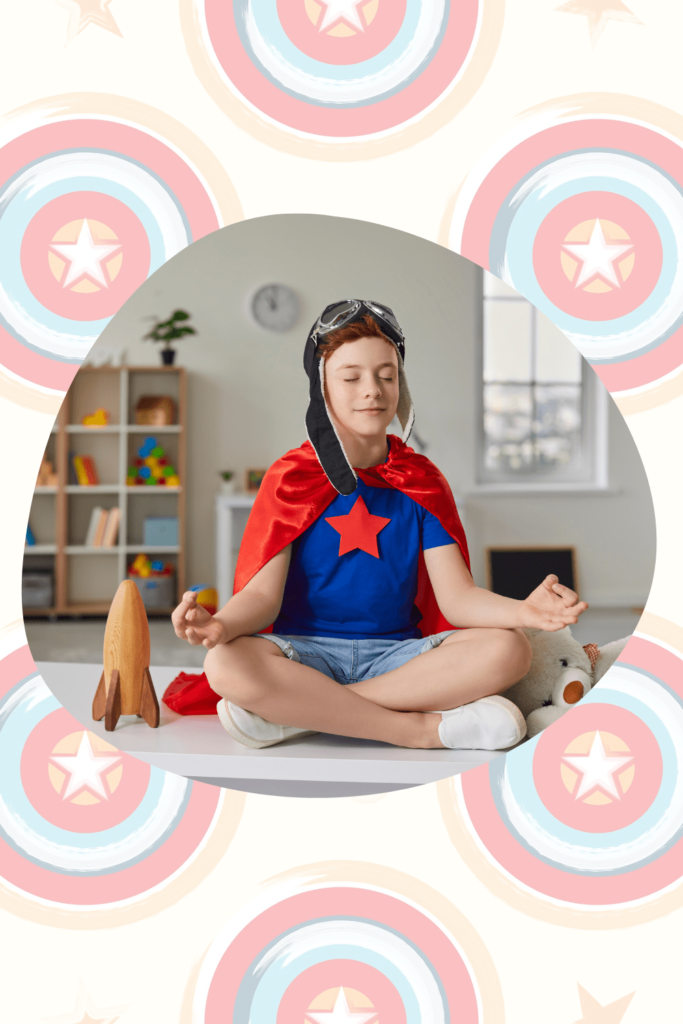
Navigating the Diabetes Journey: A Personal Perspective
If you’ve ever found yourself wondering, “Which is worse, Type 1 diabetes or Type 2 diabetes?” – you’re not alone. These two types of diabetes come with their unique challenges and I’m here to shed some light on the topic from a Type 1 diabetic’s perspective. So, grab your favorite cup of tea or coffee, and let’s dive in with a light-hearted and relatable approach! ♡
Type 1 Diabetes: The Autoimmune Adventure
Imagine this: your immune system, the superhero inside your body, decides to go a little haywire. Instead of protecting you, it mistakenly attacks and destroys the insulin-producing beta cells in your pancreas.
The result? Your body can no longer produce insulin.
Unfortunately, this superhero initiation typically unfolds during childhood or early adulthood. Type 1 diabetes often enters our lives like a huge surprise party that we never wanted; the plot twist we never saw coming – unexpected and completely catching us off guard.
Click here if you’d like to learn more about my T1D diagnosis journey!
So, what does this mean for us Type 1 folks? Well, we’re specially classified as insulin-dependent. This means that for the remainder of our lives, we must administer carefully calculated insulin injections before or after each meal that’s heavy in carbohydrates. These injections serve as a replacement for the body’s insulin hormone that’s gone MIA.
Without this effective insulin production, we may experience symptoms such as:
- excessive thirst
- frequent trips to the bathroom
- unexplained weight loss
- fatigue
- and a bottomless pit of hunger – all of which can hit us like a whirlwind!
Are you a big fan of mysteries? If so, you’ll probably find it intriguing that the precise cause of Type 1 diabetes still remains a riddle, even today! Scientific studies suggest it may involve a blend of genetic and environmental factors, and perhaps even the involvement of a villainous viral infection…

Sadly, there’s no hidden elixir or secret antidote to prevent or reverse this stealthy autoimmune condition. Nevertheless, those who fight this unseen battle day in and day out are undeniably heroic in their own right!
Type 2 Diabetes – The Insulin Resistance Saga
Now, let’s switch gears to Type 2 diabetes, the more commonly known and better understood “cousin”. In this tale, a body’s cells decide they don’t want to play nice anymore with insulin. It’s like insulin knocking on their door while they pretend they’re not home. Over time, the pancreas may also get a little lazy in producing insulin.
Type 2 diabetes is like a wise elder that often arrives in our later adult years, but is increasingly showing up at the doorstep of youngsters nowadays too. Rising rates of obesity and our overall, modern dietary lifestyles are to blame here.
Managing Type 2 diabetes typically begins with lifestyle modifications, involving dietary adjustments, proper exercise, and all that jazz. Some individuals may require daily oral medications to enhance their insulin sensitivity, and in severe cases, they might find themselves becoming members of the T1D’s “insulin therapy club.”
While the symptoms bear some resemblance to those of Type 1 diabetes, they typically develop more gradually over an extended period of time. With appropriate care and management, Type 2 diabetes can potentially be reversed, reducing or eliminating the need for medication altogether.
So, What’s the Shared Plot?
Let’s find some common ground in this diabetes drama:
- Both Type 1 and Type 2 diabetes are long-term gigs that require our daily attention and care.
- The main antagonist in both tales is high blood sugar levels, causing all sorts of chaotic mischief behind the scenes.
- Thirst and frequent bathroom visits are our daily companions thanks to the blood sugar rollercoaster ride.
- We’re always ready to eat, this is because our cells struggle to access glucose for energy.
- Keeping an eye on our blood sugar levels is a daily ritual, ensuring they are properly managed and well-behaved.
- Healthy diets and active lifestyles are our trusty sidekicks.
- Medications, including insulin in more serious T2D cases, come into play to keep the blood sugar villains at bay!
- Regular check-ins with healthcare providers are basically like our superhero debriefings.
- If we let the villains run amok, complications like heart problems, kidney woes, nerve damage, and eye havoc might show up at our doorstep.
Always keep in mind, that even though Type 1 and Type 2 diabetes share some similarities, their origin stories are vastly different:
Type 1 is the result of an immune system gone rogue, while Type 2 is all about cells playing hard to get with insulin.
In summary, whether you’re facing Type 1 or Type 2 diabetes, you are the hero of your own story. Each path is unique, and it’s crucial to collaborate closely with your healthcare team to customize your journey according to your individual needs and preferences.
Stay strong, stay positive, and remember, you’ve got the power to manage your diabetes and live your faith-filled, blessing of life to the fullest!
Here’s to living life, one glucose reading at a time! 
– Maisha Marie




 #Ha
#Ha

